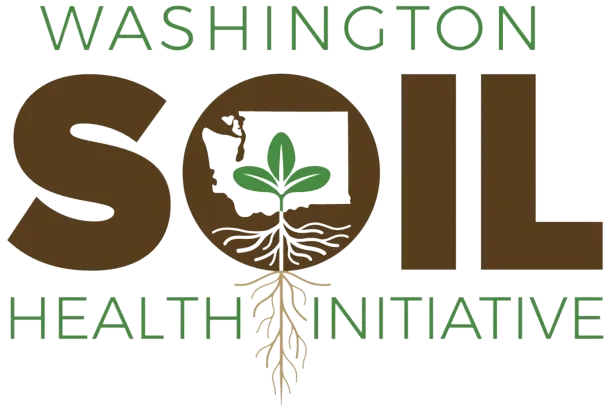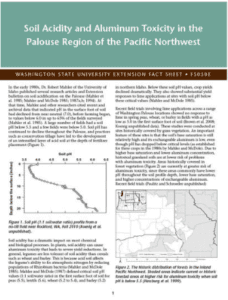Soil Nutrient Imbalances
Nutrient imbalances refer to situations when one or more essential plant nutrients are either deficient or available in excess of what plants take up at a given time. The former situation causes plant stunting and reduced yield and quality, while the latter can lead to loss of nutrients from the soil and environmental degradation. The soil may have nutrients in both excess and deficient at the same time, and some nutrients can compete with others for plant uptake and cause deficiencies even when soil levels are sufficient.
Managing soil imbalances:
- Applying fertilizer – fertilizers provide plant essential nutrients for plant growth
- Careful residue management – large amounts of carbon-rich residue can tie up nutrients instead of releasing nutrients for plant use
- Planting legumes – legumes have a special mechanism to convert Nitrogen in the air into a plant-usable form in the soil
References:
Precision Nitrogen Application: Farmer-To-Farmer Case Study Series.



